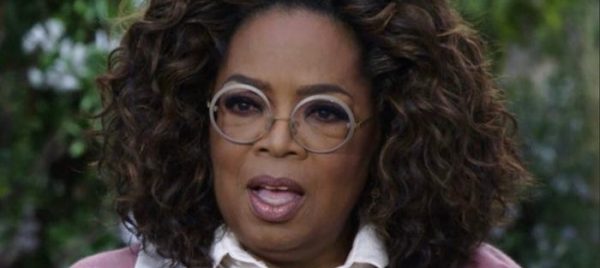
Darryl Morris Weekly – 12.05.21 – Listening Week
Sometimes, as we put the show together on a Friday morning, we can spend hours trawling through ideas for guests. Do they have the right story to tell? Will they be interesting, relevant and give us the insight we want?
This morning, producer Issy and I were pondering who to speak to about the tragic case of Sarah Everard – and the women sharing their experiences of feeling vulnerable to attack. And then it struck us: we could ask, literally, any woman. It is a story that has struck right into the experience of almost every woman in the country.
As the story unfolded, women began sharing their stories and experiences on Twitter. My timeline was a flood of women saying they too have been followed home, or felt they couldn’t go out after dark, or had, in some of the worst cases, been attacked themselves. The push back quickly followed. #NotAllMen began to trend, populated by blokes who were at pains to point out that it wasn’t them.
To my fellow chaps, let me say this.
Look, no, it isn’t all men. Most men aren’t violent criminals… but most violent criminals are men. It might not be you but it is us. We can pretend this isn’t our problem, or we can talk to each other. We can listen, help each other and play our part in making it better.
It is this simple: it should never be on a woman to avoid dark nights, it is on men to not make dark nights unsafe.
And it isn’t about blame, or shame, it is about finding resolutions.
This weekend, we will have those conversations and we will listen to the experiences of the women who feel compelled to speak up. We can do this without people feeling attacked, we can do this in a meaningful way, we can make progress… and we will.
And on Sunday, Chris Hemmings, who works with boys and men to encourage them to be open, honest and better citizens, joins us.
I often say, there is a time for offering an opinion and a time for listening. When women sit down to tell you about their experiences of feeling vulnerable at night, or the prejudices they face, or racism, or suicidal thoughts… those are listening moments. With International Women’s Day and Meghan Markle sharing her story, it has been a listening week.
Piers Morgan didn’t listen. He chose to refute her claims and disbelieve her experience of suicidal ideations. All the while, ITV run welcome campaigns to encourage people to open up about their mental health. It became clear that there wasn’t room for both. ITV asked him to apologise and he took his moment to bow out. Morgan was quick to frame his departure as censorship and an example of cancel culture, when it is clearly nothing of the sort. But it works well for bolstering his ‘anti-woke’ persona and will be used to good effect in whatever he does next.
It may surprise you, but I am fond of Piers. I have appeared regularly on Good Morning Britain and have always found him affable and courteous. He is good at what he does. But tearing a woman apart for sharing her experience of suicidal thoughts crosses a line. It unpicks decades of hard work in creating a climate that allows people to be open about their mental health, and not suffer in silence.
In this week of fierce opinion and bombshell revelations, one quiet winner has undoubtably emerged: Oprah Winfrey.
When Oprah sat down to interview Meghan and Harry, she brought her trademark warmth and compassion. She gently teased information out of her interviewees. Critics say she didn’t go hard enough, but she left nothing off the table, making extraordinary television and one of the best commercial deals of her career.
There is a term for the impact Oprah has had on the United States. ‘Oprahfication’ has lead to an increase in people’s desires to talk openly about how they feel and share their personal problems – as well as making Oprah a multi-billionaire.
This week, Oprahfication came head to head with the UK’s bolshy, opinionated media. Piers Morgan’s departure suggests at least a partial victory for Oprah.
This weekend, we’ll dig into this phenomena. What impact has her style of broadcasting had on both the US and the UK? How do our own chat-shows compare? When Trisha made way for Jeremy Kyle, it marked a shift to combat and division, rippling through television and society as Oprah had herself – are we shifting back?
Also this week, news of a new trial of a drug to treat Endometriosis was celebrated by those marking Endometriosis Awareness Month. Endometriosis is a condition that causes women severe, debilitating pain as tissue resembling that from inside the womb, grows outside. For a condition so affecting – and so common – there is a startling lack of understanding and support. As it stands, an operation is the only way to diagnose the condition and on average it takes a woman eight years to get a diagnosis, with some battling their whole lives to get it recognised.
This is close to home. My girlfriend, Michaela, had the diagnostic operation just a fortnight ago. She’ll join me on the show this weekend to talk about how it affects her life and we’ll hear from the CEO of Endometriosis UK on the progress that is now being made, and why it has taken so long.
See you in the morning.
Weekend Early Breakfast – with Darryl Morris. Saturday and Sunday from 5am on talkRADIO.
March 12, 2021 | No Comments